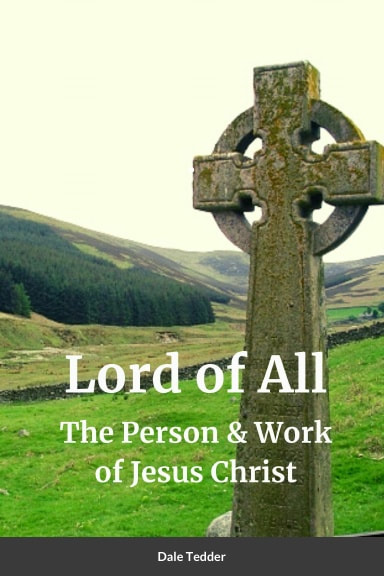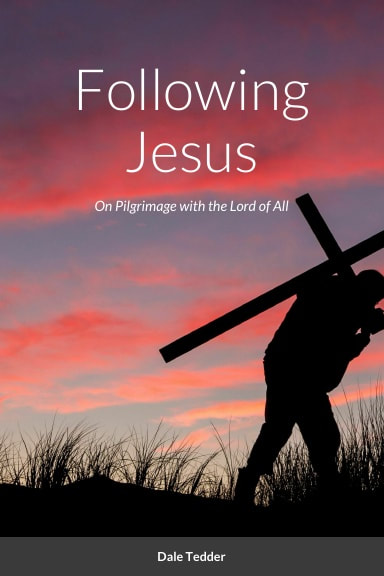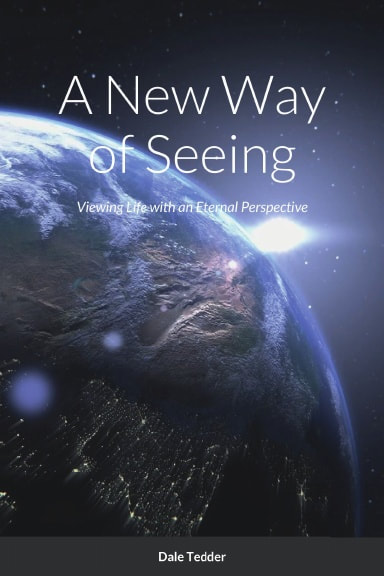|
The Heidelberg Catechism: Lord's Day 48
123. Question: What is the second petition? Answer: Thy kingdom come. That is: So rule us by Thy Word and Spirit that more and more we submit to Thee.[1] Preserve and increase Thy church.[2] Destroy the works of the devil, every power that raises itself against Thee, and every conspiracy against Thy holy Word.[3] Do all this until the fullness of Thy kingdom comes, wherein Thou shalt be all in all.[4] [1] Ps. 119:5, 105; 143:10; Matt. 6:33. [2] Ps. 51:18; 122:6-9; Matt. 16:18; Acts 2:42-47. [3] Rom. 16:20; I John 3:8. [4] Rom. 8:22, 23; I Cor. 15:28; Rev. 22: 17, 20.
0 Comments
The Heidelberg Catechism: Lord's Day 47
122. Question: What is the first petition? Answer: Hallowed be Thy Name. That is: Grant us first of all that we may rightly know Thee,[1] and sanctify, glorify, and praise Thee in all Thy works, in which shine forth Thy almighty power, wisdom, goodness, righteousness, mercy, and truth.[2] Grant us also that we may so direct our whole life– our thoughts, words, and actions– that Thy Name is not blasphemed because of us but always honored and praised.[3] [1] Jer. 9:23, 24; 31: 33, 34; Matt. 16:17; John 17:3. [2] Ex. 34:5-8; Ps. 145; Jer. 32:16-20; Luke 1:46-55, 68-75; Rom. 11: 33-36. [3] Ps. 115:1; Matt. 5:16. The Heidelberg Catechism: Lord's Day 46
120. Question: Why has Christ commanded us to address God as Our Father? Answer: To awaken in us at the very beginning of our prayer that childlike reverence and trust toward God which should be basic to our prayer: God has become our Father through Christ and will much less deny us what we ask of Him in faith than our fathers would refuse us earthly things.[1] [1] Matt. 7:9-11; Luke 11:11-13. 121. Question: Why the words "in heaven"? Answer: These words teach us not to think of God's heavenly majesty as something earthly, [1] and to expect everything for body and soul from his almighty power.[2] [1] Jer. 23:23-24; Acts 17:24-25 [2] Matt. 6:25-34; Rom. 8:31-32 The Heidelberg Catechism: Lord's Day 45
116. Question: Why is prayer necessary for Christians? Answer: Because prayer is the most important part of the thankfulness which God requires of us.[1] Moreover, God will give His grace and the Holy Spirit only to those who constantly and with heartfelt longing ask Him for these gifts and thank Him for them.[2] [1] Ps. 50:14, 15; 116:12-19; I Thess. 5:16-18. [2] Matt. 7:7, 8; Luke 11:9-13. 117. Question: What belongs to a prayer which pleases God and is heard by Him? Answer: First, we must from the heart call upon the one true God only, who has revealed Himself in His Word, for all that He has commanded us to pray.[1] Second, we must thoroughly know our need and misery, so that we may humble ourselves before God.[2] Third, we must rest on this firm foundation that, although we do not deserve it, God will certainly hear our prayer for the sake of Christ our Lord, as He has promised us in His Word.[3] [1] Ps. 145:18-20; John 4:22-24; Rom. 8:26, 27; James 1:5; I John 5:14, 15; Rev. 19:10. [2] II Chron. 7:14; 20:12; Ps. 2:11; 34:18; 62:8; Is. 66:2; Rev. 4. [3] Dan. 9:17-19; Matt. 7:8; John 14:13, 14; 16:23; Rom. 10:13; James 1:6. 118. Question: What has God commanded us to ask of Him? Answer: All the things we need for body and soul,[1] as included in the prayer which Christ our Lord Himself taught us. [1] Matt. 6:33; James 1:17. 119. Question: What is the Lord's prayer? Answer: Our Father who art in heaven, Hallowed be Thy Name. Thy kingdom come, Thy will be done, On earth as it is in heaven. Give us this day our daily bread; And forgive us our debts, As we also have forgiven our debtors; And lead us not into temptation, But deliver us from the evil one. For Thine is the kingdom, and the power, and the glory, for ever. Amen.[1] [1] Matt. 6:9-13; Luke 11:2-4. The Heidelberg Catechism: Lord's Day 44
113. Question: What does the tenth commandment require of us? Answer: That not even the slightest thought or desire contrary to any of God's commandments should ever arise in our heart. Rather, we should always hate all sin with all our heart, and delight in all righteousness.[1] [1] Ps. 19:7-14; 139:23, 24; Rom. 7:7, 8. 114. Question: But can those converted to God keep these commandments perfectly? Answer: No. In this life even the holiest have only a small beginning of this obedience.[1] Nevertheless, with earnest purpose they do begin to live not only according to some but to all the commandments of God.[2] [1] Eccles. 7:20; Rom. 7:14, 15; I Cor. 13:9; I John 1:8. [2] Ps. 1:1, 2; Rom. 7:22-25; Phil. 3:12-16. 115. Question: If in this life no one can keep the ten commandments perfectly, why does God have them preached so strictly? Answer: First, that throughout our life we may more and more become aware of our sinful nature, and therefore seek more eagerly the forgiveness of sins and righteousness in Christ.[1] Second, that we may be zealous for good deeds and constantly pray to God for the grace of the Holy Spirit, that He may more and more renew us after God's image, until after this life we reach the goal of perfection.[2] [1] Ps. 32:5; Rom. 3:19-26; 7:7, 24, 25; I John 1:9. [2] I Cor. 9:24; Phil. 3:12-14; I John 3:1-3. 112. Question: What is required in the ninth commandment?
Answer: I must not give false testimony against anyone, twist no one’s words, not gossip or slander, nor condemn or join in condemning anyone rashly and unheard.[1] Rather, I must avoid all lying and deceit as the devil’s own works, under penalty of God’s heavy wrath.[2] In court and everywhere else, I must love the truth,[3] speak and confess it honestly, and do what I can to defend and promote my neighbor’s honor and reputation.[4] [1] Ps. 15; Prov. 19:5, 9; 21:28; Matt. 7:1; Luke 6:37; Rom. 1:28-32. [2] Lev. 19:11, 12; Prov. 12:22; 13:5; John 8:44; Rev. 21:8. [3] I Cor. 13:6; Eph. 4:25. [4] I Pet. 3:8, 9; 4:8. The Heidelberg Catechism: Lord's Day 42
110. Question: What does God forbid in the eighth commandment? Answer: God forbids not only outright theft and robbery[1] but also such wicked schemes and devices as false weights and measures, deceptive merchandising, counterfeit money, and usury;[2] we must not defraud our neighbor in any way, whether by force or by show of right.[3] In addition God forbids all greed[4] and all abuse or squandering of His gifts.[5] [1] Ex. 22:1; I Cor. 5:9, 10; 6:9, 10. [2] Deut. 25:13-16; Ps. 15:5; Prov. 11:1; 12:22; Ezek. 45:9-12; Luke 6:35. [3] Mic. 6:9-11; Luke 3:14; James 5:1-6. [4] Luke 12:15; Eph. 5:5. [5] Prov. 21:20; 23:20, 21; Luke 16:10-13. 111. Question: What does God require of you in this commandment? Answer: I must promote my neighbor’s good wherever I can and may, deal with him as I would like others to deal with me, and work faithfully so that I may be able to give to those in need.[1] [1] Is. 58:5-10; Matt. 7:12; Gal. 6:9, 10; Eph. 4:28. |
Click image above to subscribe to my newsletter.
Dale TedderThanks for stopping by. Learn more about me, my ministry, and this website by clicking here. Please visit my bookstore
Click, Listen, and Subscribe to My Podcast
Updated: 2-5-24 Connect and/or Follow for more content...
The Book of Acts
Updated 2-28-24 Sermons
Updated 3-4-24 Categories
All
Click the image above to order this book and study guide about the most important person you will ever meet.
Archives
January 2024
Click image above to learn more about and order this follow-up to "Lord of All."
Listen, my son, and be wise, and set your heart on the right path: (Proverbs 23:19)
“Enter by the narrow gate. For the gate is wide and the way is easy that leads to destruction, and those who enter by it are many. For the gate is narrow and the way is hard that leads to life, and those who find it are few.
(Matthew 7:13-14) |










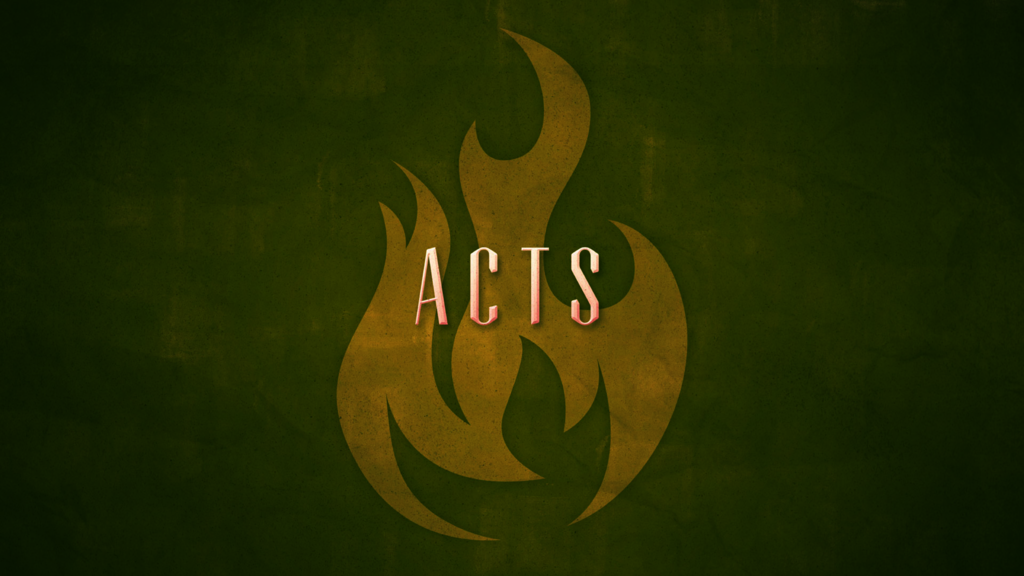
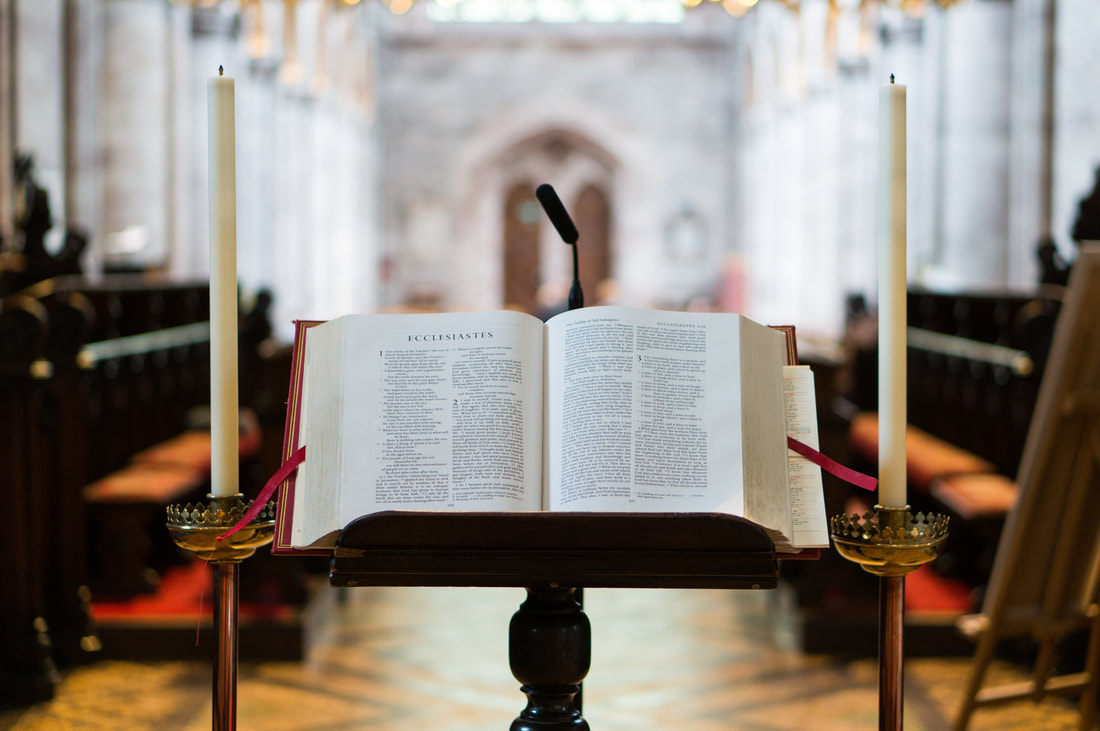
 RSS Feed
RSS Feed
